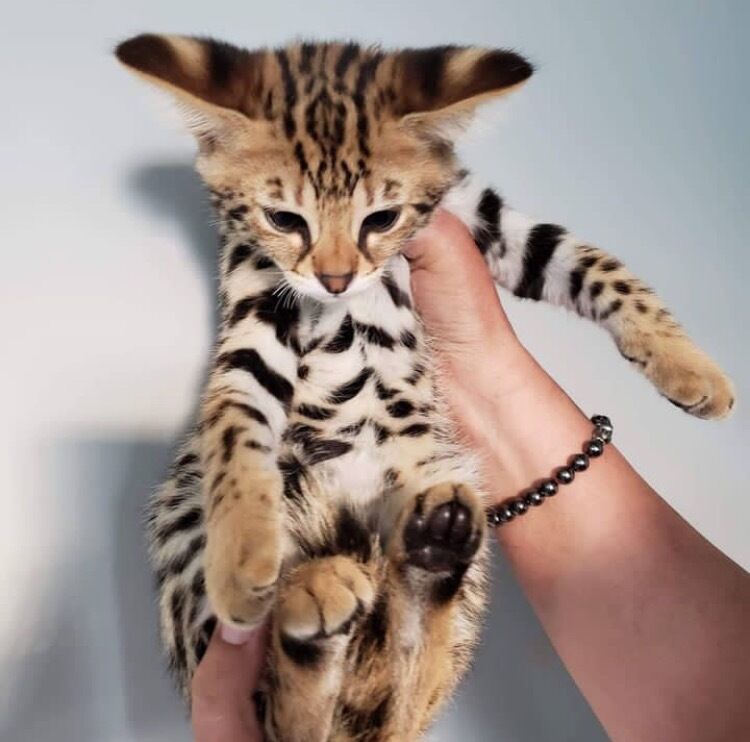Caring for an African Serval cat requires a deep understanding of its wild nature, specialized needs, and long term commitment. Unlike domestic cats, servals are native to sub-Saharan Africa and retain strong instincts that shape their behavior in captivity. Their care begins with space, these agile, high-energy animals need large, secure outdoor enclosures that allow for climbing, jumping, and exploring. A standard home or apartment is insufficient; servals thrive in environments that mimic their natural habitat, with enrichment activities that challenge their intelligence and satisfy their hunting drive.
Feeding a serval involves more than opening a can of cat food. Their diet should consist of whole prey, such as chicks or rodents, supplemented with essential nutrients to replicate what they would consume in the wild. This nutritional complexity demands careful planning and sourcing, often requiring connections with exotic pet suppliers or specialty butchers. Owners must also be prepared for the costs associated with this diet, which can be significantly higher than that of a domestic pet.
Veterinary care presents another challenge. Servals require exotic animal specialists who understand their physiology and behavior. Routine vaccinations, parasite control, and emergency care must be handled by professionals willing and qualified to treat wild species. Not all veterinarians accept servals as patients, so securing a reliable provider before bringing one home is essential. Additionally, servals can live up to 20 years in captivity, making this a long-term responsibility that spans decades.
Legal considerations vary widely across regions. In many countries and states, serval ownership is restricted or outright banned. Where permitted, licenses and inspections are often required, and owners must demonstrate the ability to meet strict welfare standards. Ignoring these regulations can result in fines, confiscation, or worse, so thorough research and compliance are non-negotiable.
Socialization and safety are equally critical. Servals are not suitable for households with small children or other pets due to their strong prey drive and unpredictable behavior. While they can form bonds with their caregivers, these relationships are based on respect and routine rather than affection in the traditional sense. Servals may chirp, headbutt, or follow their owners, but they are not lap cats and should never be treated as such. Training them to walk on a leash or respond to commands takes patience and consistency, and even then, their wild instincts remain intact.
The emotional and intellectual rewards of caring for a serval are profound. Owners often describe a heightened sense of connection to nature and a deeper appreciation for wildlife conservation. This experience can transform one’s perspective on animal care, encouraging advocacy and education. However, it is not for the faint of heart. The demands are high, the risks real, and the margin for error slim.
For those who are prepared, informed, and passionate, caring for an African Serval cat offers a rare and enriching journey. It’s not about taming the wild, it’s about learning to live alongside it, with humility, respect, and unwavering dedication.
Exotic Cats;

